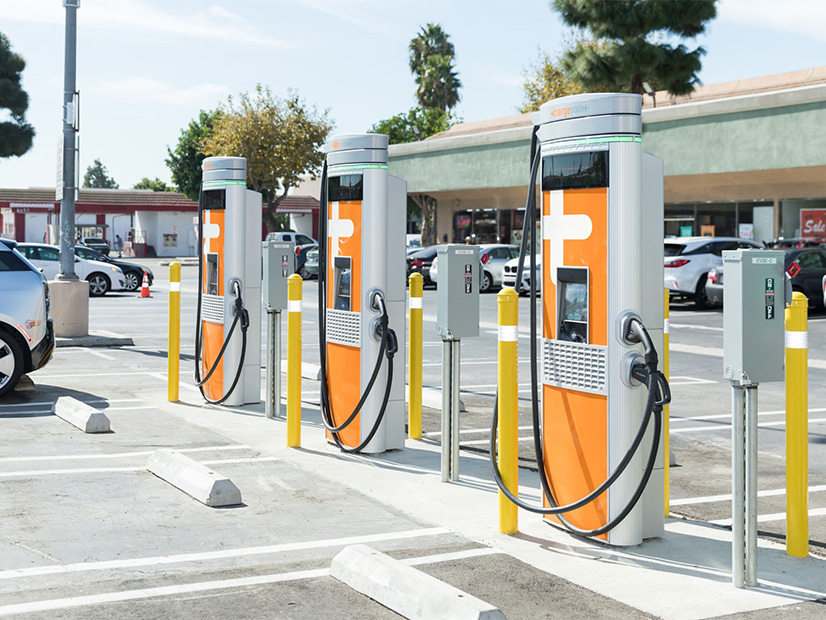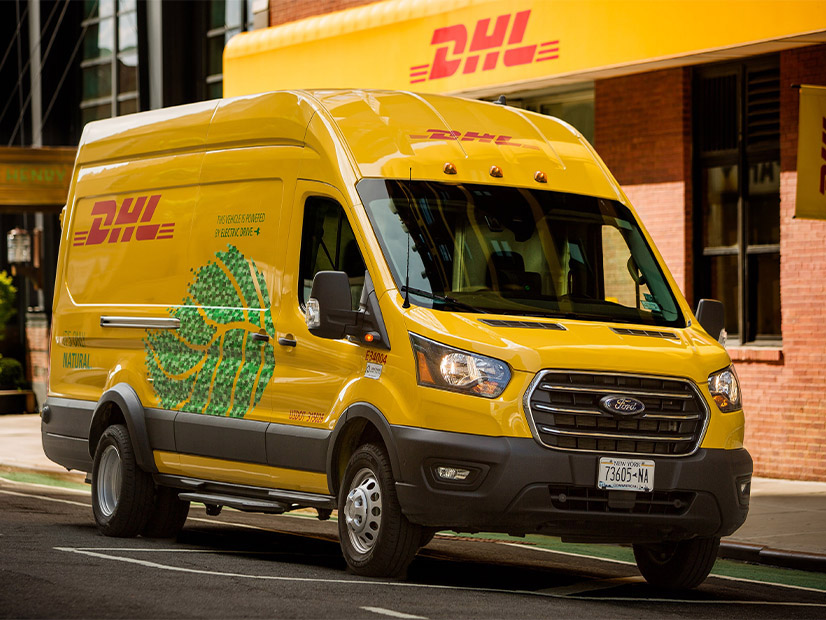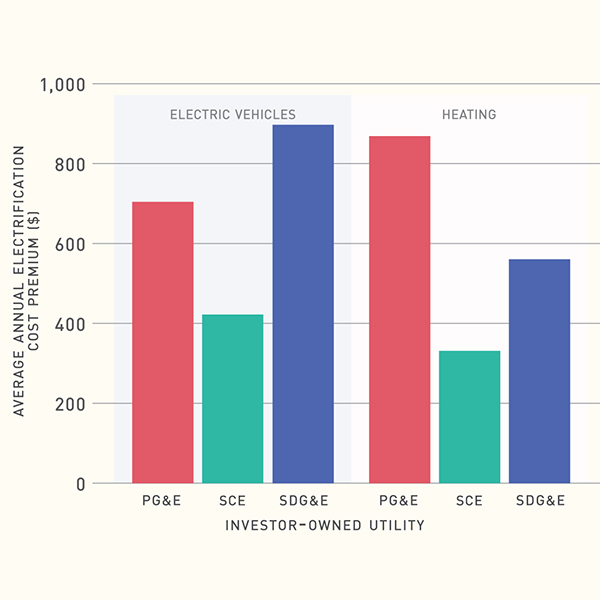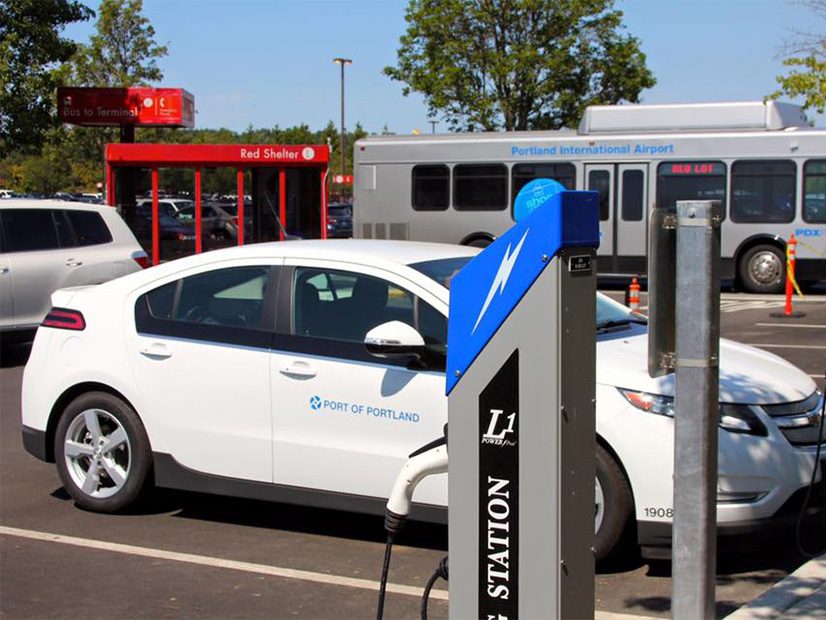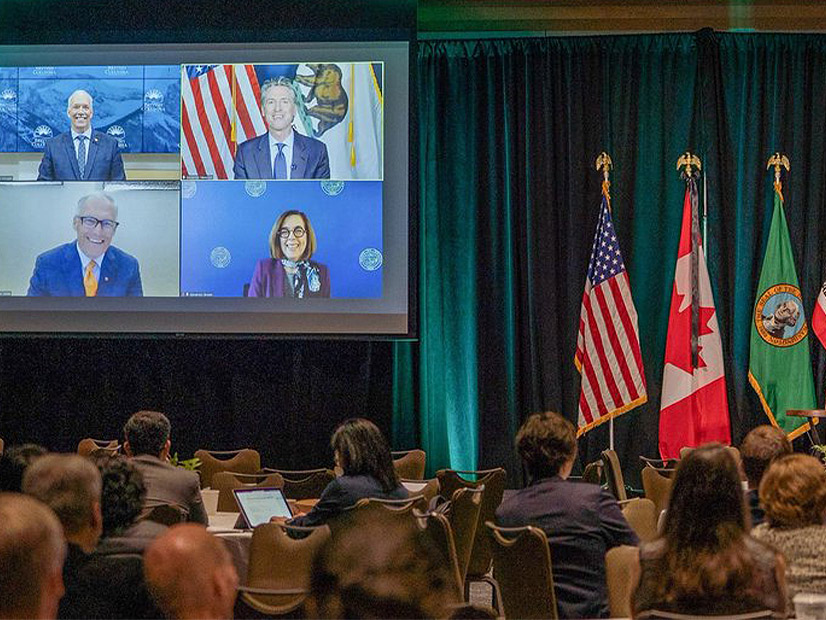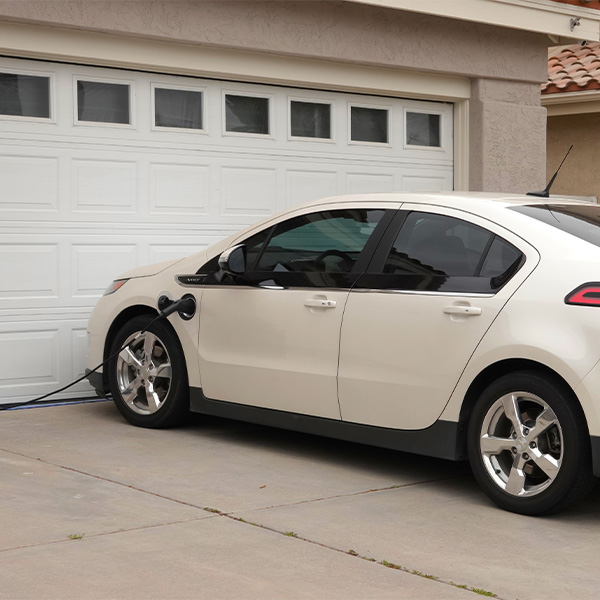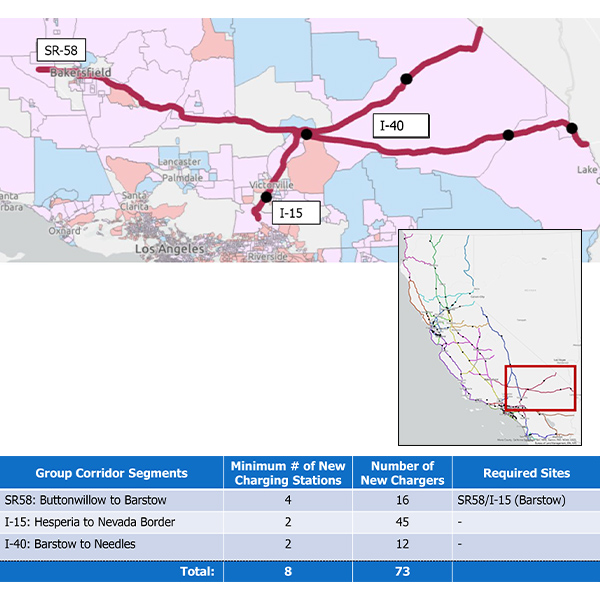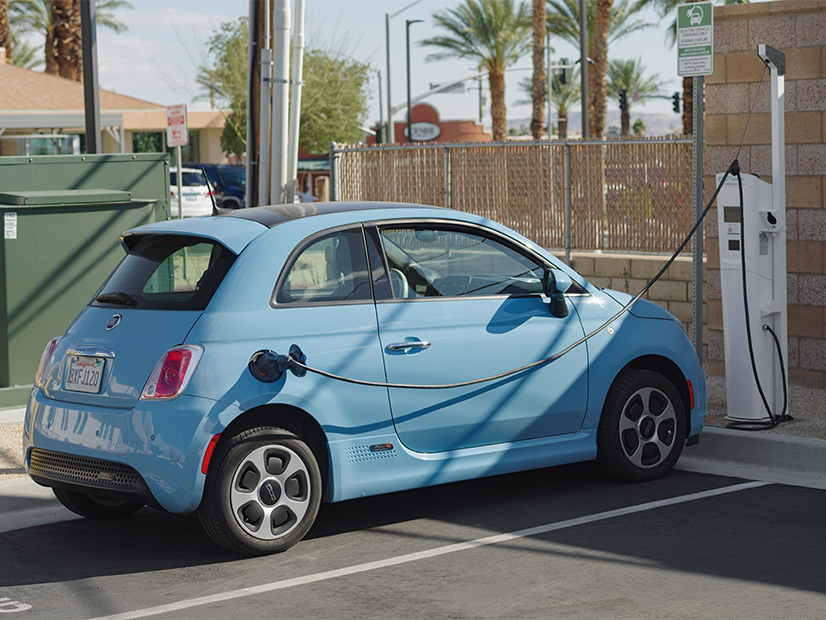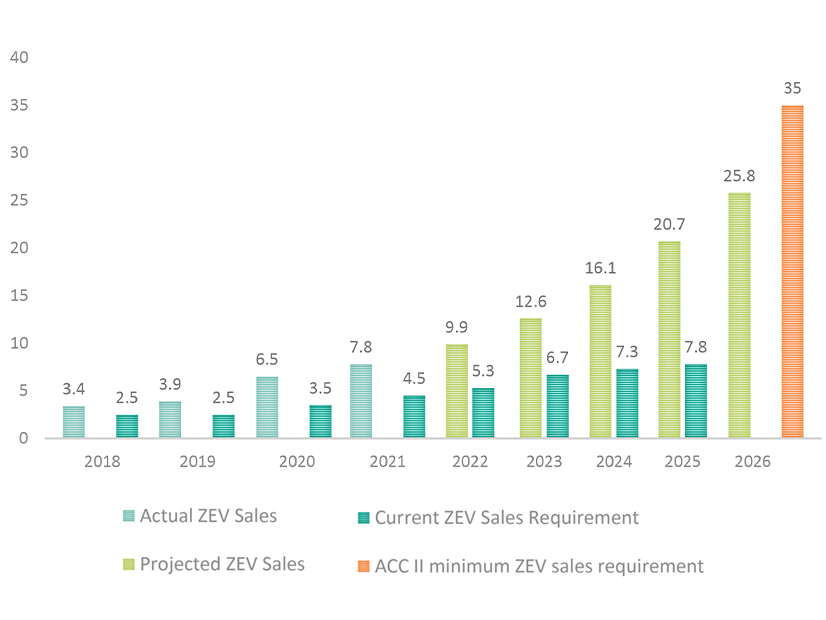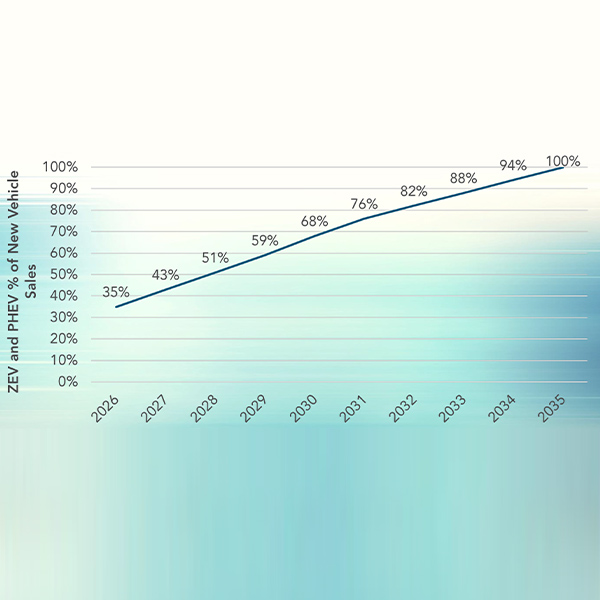Battery Electric Vehicles
The Biden administration approved EV charging plans for all 50 states, opening the spigot on $1.5 billion to add chargers over 75,000 miles of highway.
Industry stakeholders are working together to develop what they believe will be the least disruptive way to gradually electrify diesel trucking fleets.
A study co-authored by CAISO Governor Severin Borenstein found that big add-ons to electric bills discourage the adoption of electric vehicles and heat pumps.
Oregon’s adoption of California’s ACC II rules could cost automakers up to $3 billion but yield $5.8 billion in economic benefits for the Beaver State by 2040.
The governors of Washington, Oregon and California and the premier of British Columbia discussed the need for cross-border efforts to address climate change.
NV Energy has filed a $348 million plan that includes funding for EV purchase incentives, new charger installations and a managed charging program.
California agencies will start soliciting applications early next year from private entities seeking a share of National Electric Vehicle Infrastructure funds.
With a provision for PHEVs, California’s Advanced Clean Cars II regulations won’t completely eliminate internal combustion engines in new vehicles.
Oregon regulators are racing to adopt by year-end a California rule requiring all new cars sold in the state to be zero-emission or plug-in hybrid by 2035.
CARB adopted regulations that will require all new cars sold in the state to be zero-emission or plug-in hybrid by 2035, a trailblazing move, the agency says.
Want more? Advanced Search
